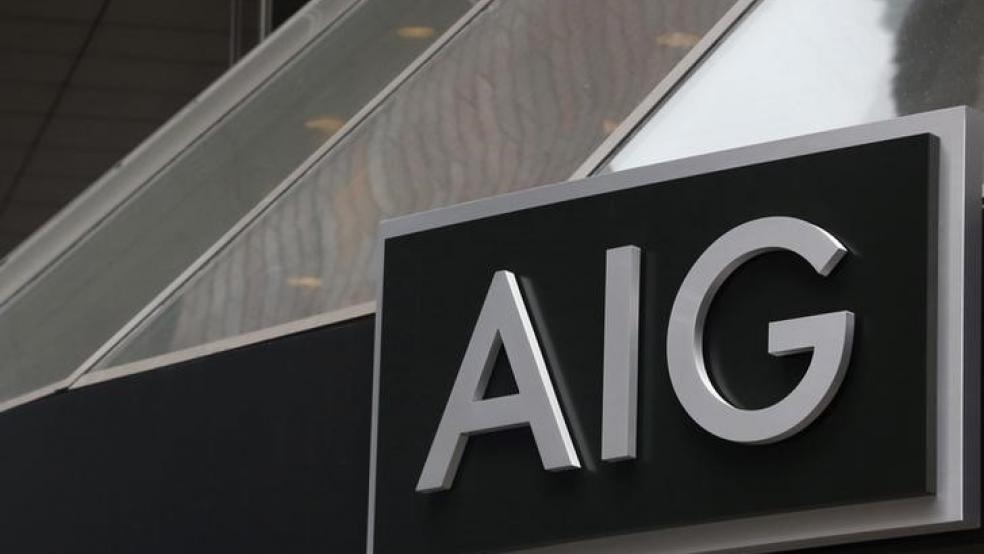WASHINGTON (Reuters) - The U.S. government was "punitive" in its bailout of American International Group Inc in 2008, a lawyer for the company's former chief executive argued during closing arguments of a trial that may impact how much flexibility regulators will have when they respond to future financial crises.
Former AIG Chief Executive Maurice "Hank" Greenberg, who was in court on Wednesday for the first time during the trial, is seeking to convince a federal judge that the U.S. government's rescue terms for the New York-based insurance giant to save it from bankruptcy cheated its shareholders."They were punitive to AIG because someone had to be a political scapegoat," Greenberg's lawyer, star litigator David Boies, said on Wednesday in his closing arguments, which followed six weeks of testimony last fall.He said the government had singled out AIG and tried to "demonize" the company.Greenberg, 89, through his Starr International Co, was AIG's largest shareholder with a 12 percent stake before the bailout in September 2008.AIG's problems stemmed from insurance it wrote on billions of dollars worth of shoddy mortgage securities. Greenberg sued the U.S. government in 2011, arguing that the New York Federal Reserve's initial $85 billion loan package, which carried an interest rate of 14 percent and a nearly 80 percent U.S. stake in AIG, was an illegal takeover from shareholders.Lawyers for the U.S. government countered that the bailout, which ultimately rose to $182.3 billion, raised the value of AIG shares and that policymakers had to consider "moral hazard" concerns when calculating its terms."If the Fed had wanted to harm AIG in some way, all it had to do was nothing," Justice Department lawyer Kenneth Dintzer said, insisting that the government stepped in because the private sector deemed such a loan "too risky."AIG finished repaying the bailout in December 2012, leaving taxpayers with a nearly $23 billion profit.On Tuesday, Greenberg made a last-ditch effort to avoid trial in a lawsuit brought against him by New York state which accuses him and Howard Smith, a former AIG financial officer, of accounting fraud at AIG from 2000 to 2005.Greenberg, who led AIG for almost four decades until 2005, is seeking as much as $50 billion in damages on behalf of AIG shareholders. The suit won class-action status two years ago.The case is Starr International Co v. U.S., U.S. Court of Federal Claims, No. 11-00779. (Editing by Ted Botha)U.S bailout of AIG in 2008 was 'punitive,' ex-CEO's lawyer says

© / Reuters



